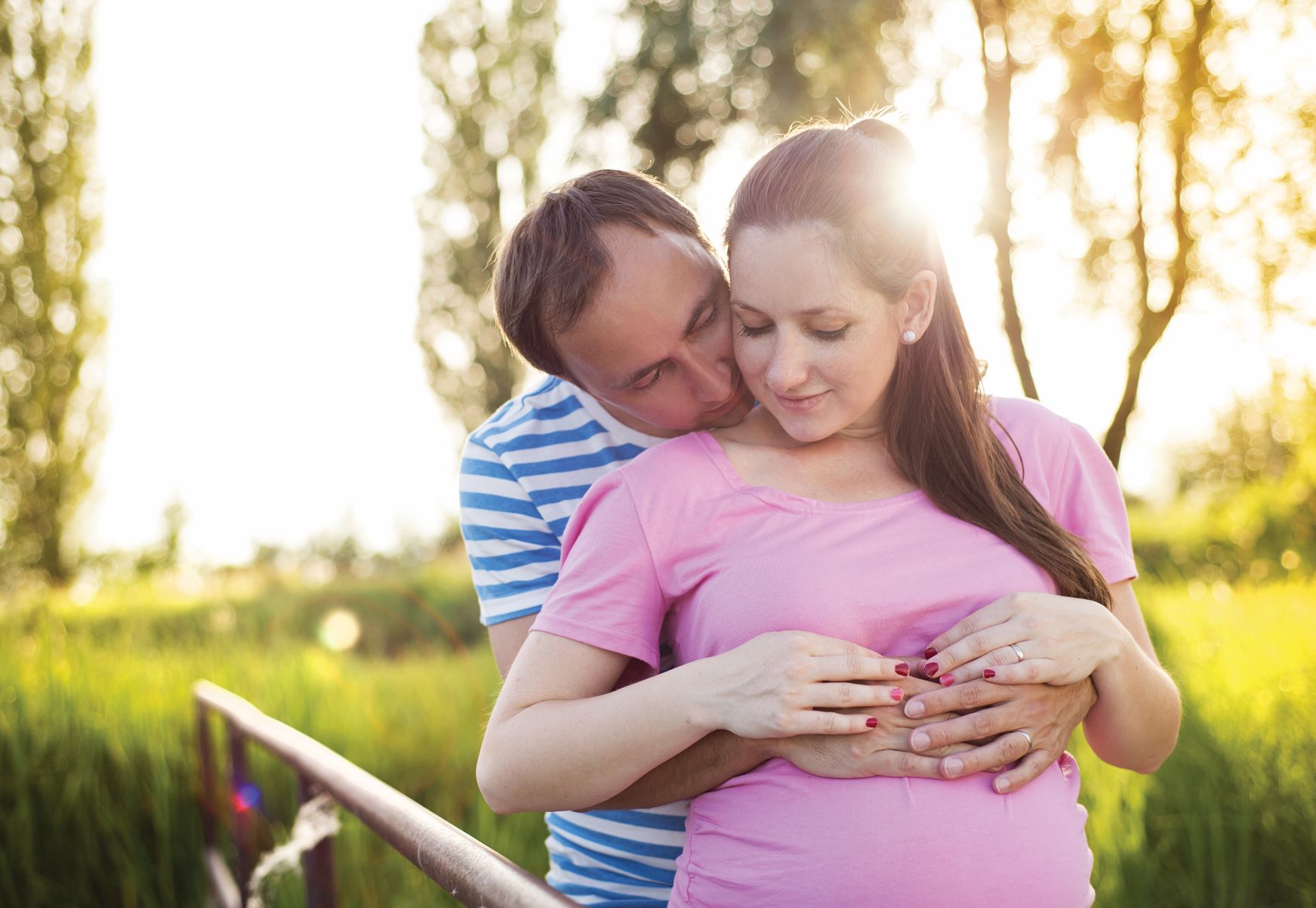Search
Showing results for "Au"
News & Events
HbA1c Target of 7%, and 7 initiatives we are doing to achieve thisWe have recently set up an HbA1c working party, tasked with the mission of lowering the overall HbA1c across all patients and clinics run by PMH.

Workplace Giving to The Kids Research Institute Australia is a fantastic way to engage staff and contribute towards ensuring all kids have a happy healthy childhood.
Research
Enhanced Neutralizing Antibody Responses to Rhinovirus C and Age-Dependent Patterns of InfectionRhinovirus (RV) C can cause asymptomatic infection and respiratory illnesses ranging from the common cold to severe wheezing. The aim was to identify how age and other individual-level factors are associated with susceptibility to RV-C illnesses. Longitudinal data from the COAST (Childhood Origins of Asthma) birth cohort study were analyzed to determine relationships between age and RV-C infections. Neutralizing antibodies specific for RV-A and RV-C (three types each) were determined using a novel PCR-based assay.
Research
One vaccine for life: Lessons from immune ontogenyThere remains a general misconception that the immune status of the fetus and neonate is immature or insufficient. However, emerging research in immune ontogeny prompts reconsideration of this orthodoxy, reframing this period instead as one of unique opportunity. Vaccine responses (qualitative and quantitative) vary between individuals, and across demographic cohorts. Elements of baseline immune status and function predict vaccine response - some of these factors are well described, others remain a subject of ongoing research, especially with the rapidly expanding field of 'omics' research, enabled by development of highly granular immune profiling techniques and increasing computational capacity.
Research
Mode of birth and risk of infection-related hospitalisation in childhood: A population cohort study of 7.17 million births from 4 high-income countriesThe proportion of births via cesarean section (CS) varies worldwide and in many countries exceeds WHO-recommended rates. Long-term health outcomes for children born by CS are poorly understood, but limited data suggest that CS is associated with increased infection-related hospitalisation. We investigated the relationship between mode of birth and childhood infection-related hospitalisation in high-income countries with varying CS rates.
Research
SGLT2 Inhibitor-Induced Sympathoexcitation in White Adipose Tissue: A Novel Mechanism for BeigingRecent preclinical data show that sodium glucose cotransporter 2 (SGLT2) inhibitors are able to reduce weight gain and induce beiging in white adipose tissue (WAT). We have previously shown that in neurogenic hypertensive Schlager (BPH/2J) mice, treatment with the SGLT2 inhibitor, Dapagliflozin, reduced blood pressure and prevented weight gain. Here we show that chemical sympathetic denervation achieved by systemic administration of 6-hydroxy-dopamine (6-OHDA) reduces body weight and the heightened sympathetic nervous system (SNS) innervation in WAT.
Research
Why do Victims become Perpetrators of Peer Bullying? Moral Disengagement in the Cycle of ViolencePrevious studies have shown that there is overlap between victimization and the perpetration of bullying, and social and motivational variables are known to mediate this relationship. However, the effects of different moral disengagement strategies have not been studied, despite the fact that they exert a major influence on aggressive behavior.
Research
Study protocol for a randomised controlled trial evaluating the effect of folic acid supplementation beyond the first trimester on maternal plasma unmetabolised folic acid in late gestationTaking folic acid containing supplements prior to and during early pregnancy reduces the risk of neural tube defects. Neural tube defects occur prior to 28 days postconception, after which, there is no proven benefit of continuing to take folic acid. However, many women continue to take folic acid containing supplements throughout the pregnancy.

Enhancing psychological wellbeing in families from pregnancy to infancy

News & Events
Leading wellbeing researcher joins EmbraceAssociate Professor Jeneva Ohan will co-lead research in Embrace's childhood trauma group.
